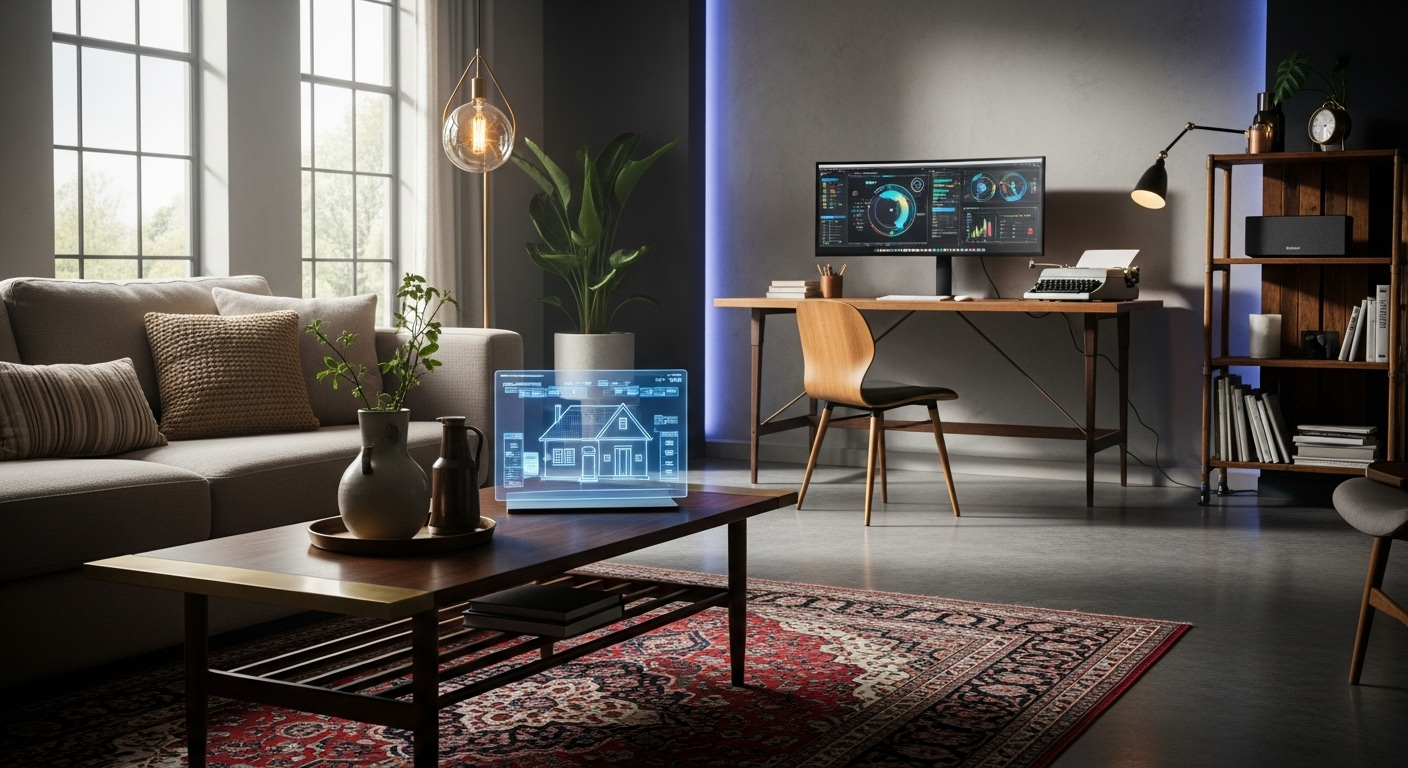Creating Ambiance: A Complete Guide to Mood Lighting and Costs
Mood lighting cost depends on factors like fixture type, bulb technology, and installation requirements. Designed to create ambiance, mood lighting can include options such as LED strips, dimmable lamps, or smart lighting systems for residential or commercial spaces.

What Exactly Is Mood Lighting?
Mood lighting refers to adjustable, atmospheric lighting that helps create specific ambiances in living spaces. Unlike task lighting, which serves primarily functional purposes, mood lighting focuses on creating emotional responses and enhancing room aesthetics. Common examples include dimmer switches, LED strips, color-changing bulbs, and accent lighting that can be adjusted to suit different occasions or moods.
Types of Mood Lighting Solutions
The market offers various mood lighting options to suit different preferences and budgets:
-
LED strip lights
-
Smart bulbs
-
Pendant lights with dimmers
-
Wall sconces
-
Floor uplighters
-
Color-changing fixtures
-
Portable accent lamps
Understanding Mood Lighting Costs
The investment in mood lighting varies significantly based on the type and scale of implementation:
| Lighting Type | Average Cost Range | Installation Complexity |
|---|---|---|
| LED Strip Lights | $20-$100 per 16ft | Easy/DIY |
| Smart Bulbs | $15-$60 per bulb | Easy |
| Dimmer Switches | $15-$50 per switch | Moderate |
| Smart Light Fixtures | $50-$200+ per fixture | Moderate to Complex |
| Professional Installation | $150-$500 per room | Professional Required |
Prices, rates, or cost estimates mentioned in this article are based on the latest available information but may change over time. Independent research is advised before making financial decisions.
Factors Affecting Mood Lighting Price
Several elements influence the final cost of implementing mood lighting:
-
Coverage area required
-
Type of control system (manual vs. smart)
-
Brand and quality of products
-
Installation complexity
-
Integration with existing home systems
-
Energy efficiency ratings
Smart Integration and Control Options
Modern mood lighting systems often include smart features that affect both functionality and price:
-
Smartphone app control
-
Voice command compatibility
-
Automated scheduling
-
Scene programming
-
Integration with home automation systems
Planning Your Mood Lighting Budget
To maximize your mood lighting investment:
-
Start with high-traffic areas
-
Consider energy efficiency for long-term savings
-
Plan for professional installation if needed
-
Factor in ongoing maintenance costs
-
Research compatible systems for future expansion
The key to successful mood lighting implementation lies in careful planning and understanding your specific needs. While initial costs may vary, the right mood lighting solution can enhance both your living space’s functionality and aesthetic appeal while potentially increasing your home’s value.




